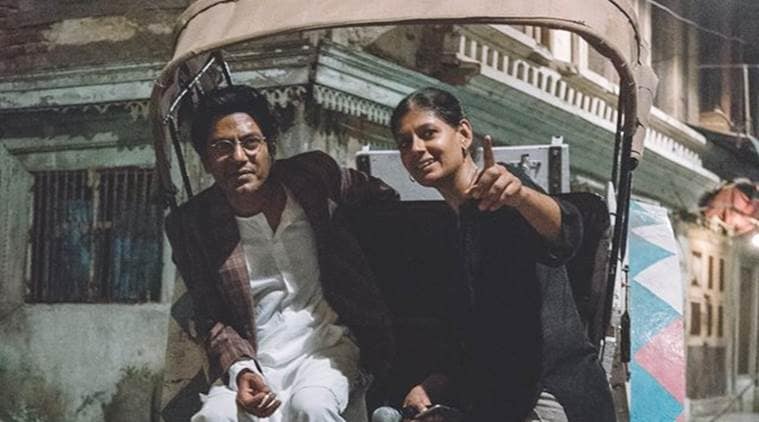 Nandita Das doesn’t ignore her subject’s faults but embraces them.
Nandita Das doesn’t ignore her subject’s faults but embraces them.
For those who watch plenty of Hindi films, biopics are starting to become as common as love stories. A personality’s life, no matter how celebrated or berated they might be, always creates noise and since cinema is the most popular medium in our part of the world, they are immortalised on the silver screen. The cases of biopics gone wrong or biopics narrated with convenience are far too many. So when we ultimately watch a biopic that isn’t starstruck by its subject, it is a breath of fresh air. And Manto is that film.
Manto’s life and his works are worthy of many films but Nandita Das’ Manto isn’t just the story of his life, it’s the story of a man who is struggling to find his feet in the midst of chaos.
Most of our biopics suffer from the curse of hero-worship, the recent example being Sanju. The biopic genre has become quite a favourite of filmmakers and be it a sports icon, a don, an actor, musician or even a bootlegger, we have seen it all but seldom do we see films where the central character is not treated like a god. And in the midst of all these godly figures, we see Nandita Das’ Manto being a flawed human being.
Das appreciates the thought-provoking ideas of Manto but she stays away from the blinders that forbid her to see her muse’s flaws. She is fascinated with the philosophy of Manto but she can clearly see Saadat’s truth. After his move to Pakistan, Manto was haunted by his romance with Bombay but this doesn’t make Das romanticise his madness. His decline isn’t poetic for her but she empathises with his wife who is struggling to hold the fort.
Das communicates Manto’s mental state through his stories. His story Khol Do appears at a time when Manto is getting restless in his new nation. Toba Tek Singh’s madness is the state of Manto’s mind and Das weaves them beautifully through the film. Manto was a misunderstood writer all his life and though Das effectively tries to communicate the gist of his stories, she does not portray him as a misunderstood man. Rather, she calls him out when the characters of his stories take precedence over his personal relationships.
Manto by Nandita Das is a fine example of how a biopic should be treated and this could serve as a guiding light to many makers who are churning out biopics by the dozen.